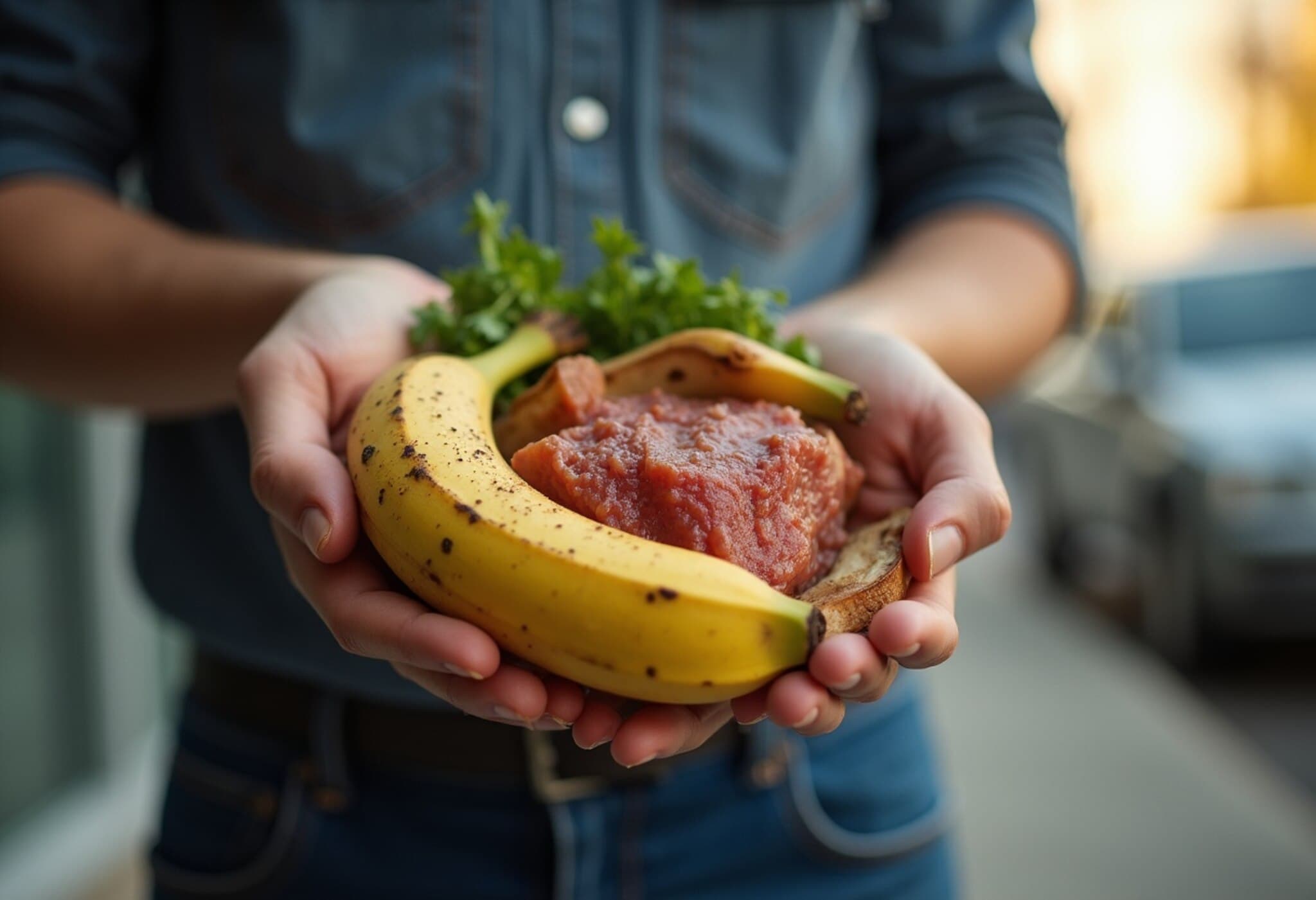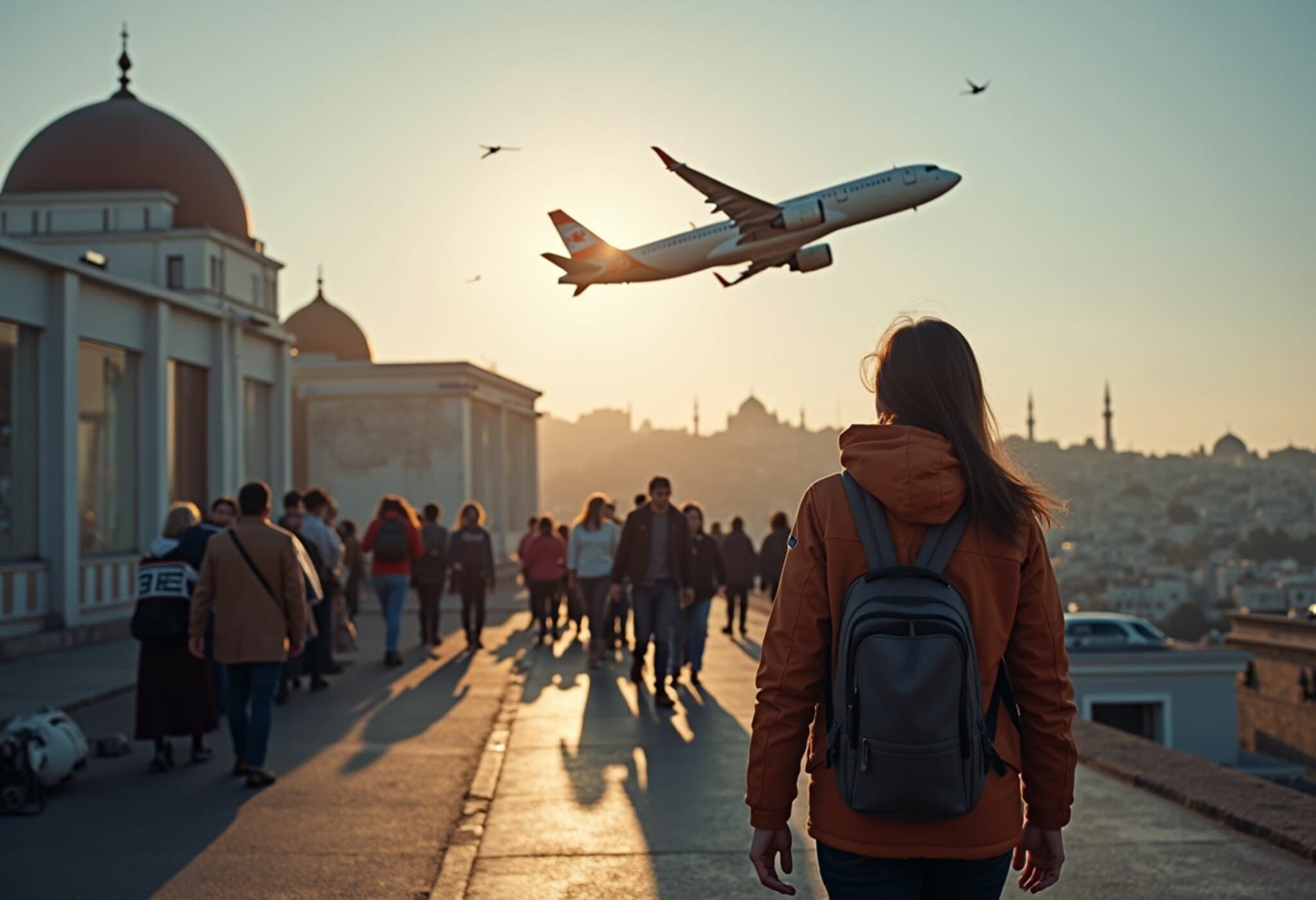US Customs and Border Protection Issues Critical Reminder on Food Declarations
As international travel rebounds, the U.S. Customs and Border Protection (CBP) is ramping up reminders for all travelers: declare all meats, fruits, vegetables, plants, and related agricultural products when entering the United States. This longstanding rule is gaining fresh attention after several recent enforcement actions underscored the serious financial consequences of non-compliance.
Why This Reminder Matters More Than Ever
For many travelers, the requirement to declare agricultural items may seem like a minor inconvenience, but these rules are deeply rooted in protecting American agriculture and ecosystems from invasive pests and diseases. The introduction of undeclared food items can inadvertently bring harmful pathogens or pests, endangering local farms, national food security, and biodiversity. As a result, CBP enforces strict penalties, including fines up to $1,000 for first-time offenders carrying non-commercial quantities.
Recent incidents spotlight the real-world impact of these regulations. For instance, a TikTok user returning from Singapore to JFK Airport recounted an unexpectedly tense moment when a sniffer dog alerted officers to a banana he had unwittingly failed to declare. This seemingly innocuous fruit led to a warning of a potential $500 fine, demonstrating that ignorance, even among experienced travelers, is no shield against enforcement.
What Are Travelers Required to Declare?
CBP requires that all travelers specify any agricultural items, regardless of the amount or packaging, including but not limited to:
- Meat products and cooked food, such as cured meats or canned soups
- Fresh fruits and vegetables
- Plants, seeds, and soils
- Animal products including hides and dairy
These items must be declared whether they are in checked luggage, hand-carry bags, or vehicles. Upon declaration, specialized CBP agriculture officers inspect these products to ensure they meet U.S. import requirements. Non-declared items are confiscated and destroyed to mitigate biosecurity risks.
Balancing Security and Traveler Experience
Travelers often question the stringency of these regulations, especially when carrying familiar foods from personal consumption. Experts emphasize that while these rules might appear burdensome, they play an essential role in safeguarding American agriculture, which contributes billions annually to the economy and supports millions of jobs nationwide.
Moreover, increased educational outreach by CBP—including social media posts featuring detection dogs inspecting confiscated items—helps raise awareness about the importance of declaring all agricultural products. Such efforts aim to foster compliance while reducing unintended violations.
Expert Perspective: What Travelers Should Know
From a policy standpoint, this issue touches on broader themes of border security and public health. Dr. Emily Harper, a biosecurity expert at a leading American agricultural university, explains, "Even small oversights like undeclared fruits or plant materials can introduce invasive species that take years and millions of dollars to manage. Travelers are the first line of defense against these threats."
She also notes that despite heightened penalties, education remains key: "Clear, accessible information at airports, both physical signage and digital media, combined with polite and informative CBP interactions, can improve compliance without alienating travelers."
Key Takeaways for U.S. Travelers
- Always declare all agricultural items to CBP officers upon arrival, regardless of quantity.
- Keep informed about current regulations through official channels before travel.
- Understand the rationale behind these rules to appreciate their role in protecting the country’s agriculture.
- Prepare luggage accordingly to avoid inadvertent violations and delays.
Editor’s Note
While it’s easy to view food declarations as an annoying formality, they are in fact a crucial defense against biological threats that could jeopardize U.S. agriculture and, by extension, the economy and public well-being. This evolving conversation invites travelers and policymakers alike to consider how to balance effective border protection with a positive travel experience. The question remains: How can educational efforts be further enhanced to ensure travelers not only comply but understand the profound impact of their small actions at the border?



















